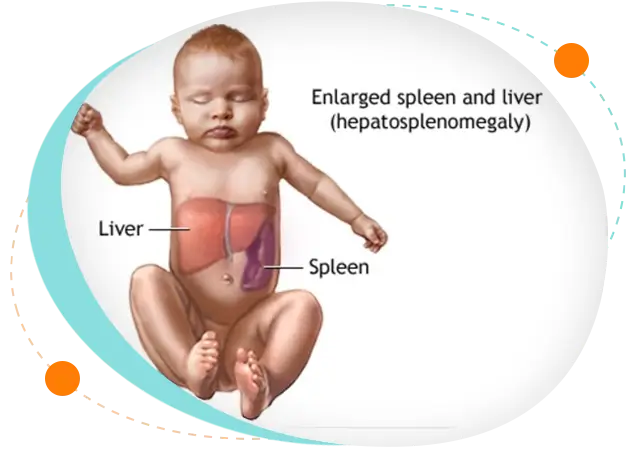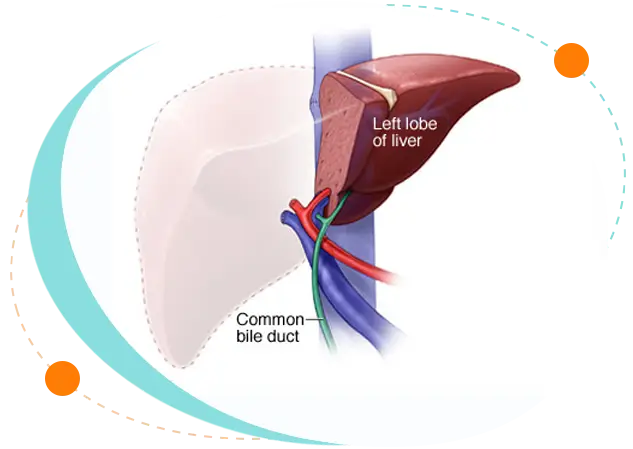Pediatric Liver Transplant in Bangladesh
The liver is the largest organ in the human body. It weighs around 150 grams in newborns and about 1.5 kilograms in adults. It is located in the upper right side of the abdomen and has two lobes the left and the right. A liver transplantation procedure is often needed in children because of biliary atresia, metabolic liver diseases, or acute liver failure.
Liver transplantation is a life-saving procedure for children with end-stage liver diseases. Prof. Dr. Salahuddin Mahmud is a leading pediatric liver transplant surgeon in Bangladesh, offering comprehensive care and treatment for children requiring liver transplantation. Contact us now for compassionate and advanced care.
Book an Appointment 09666-787806



